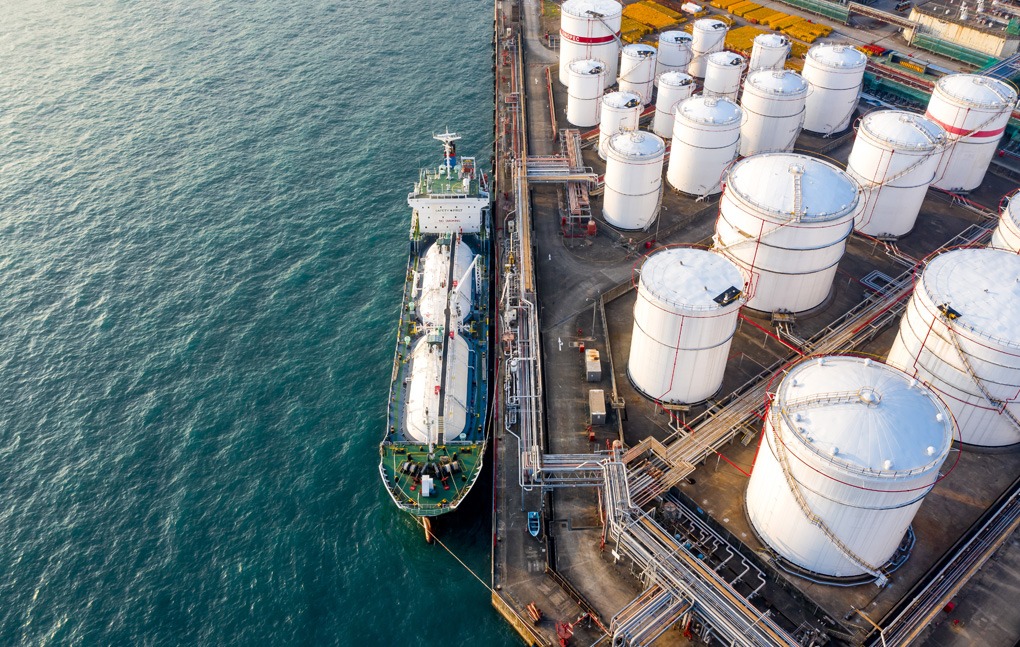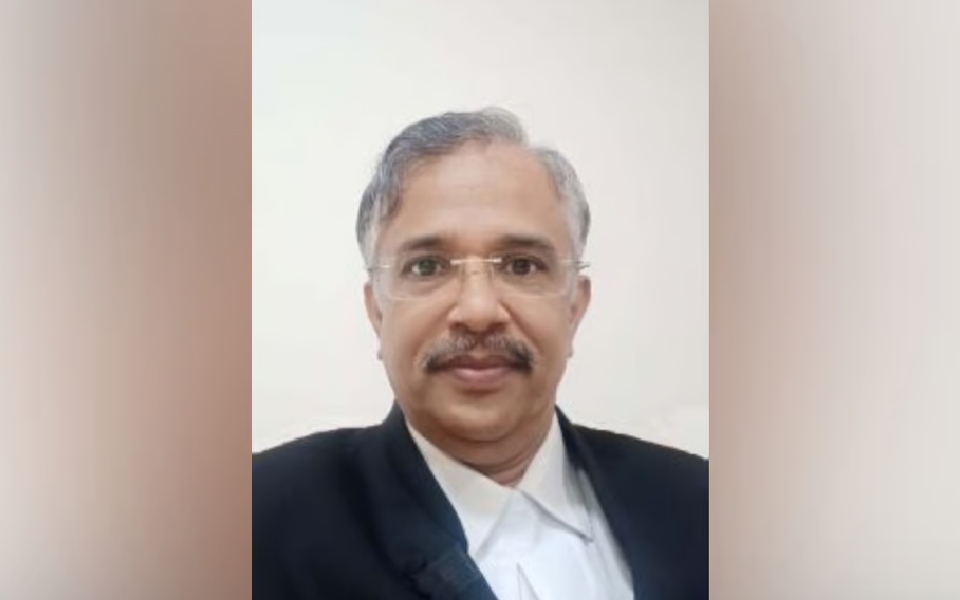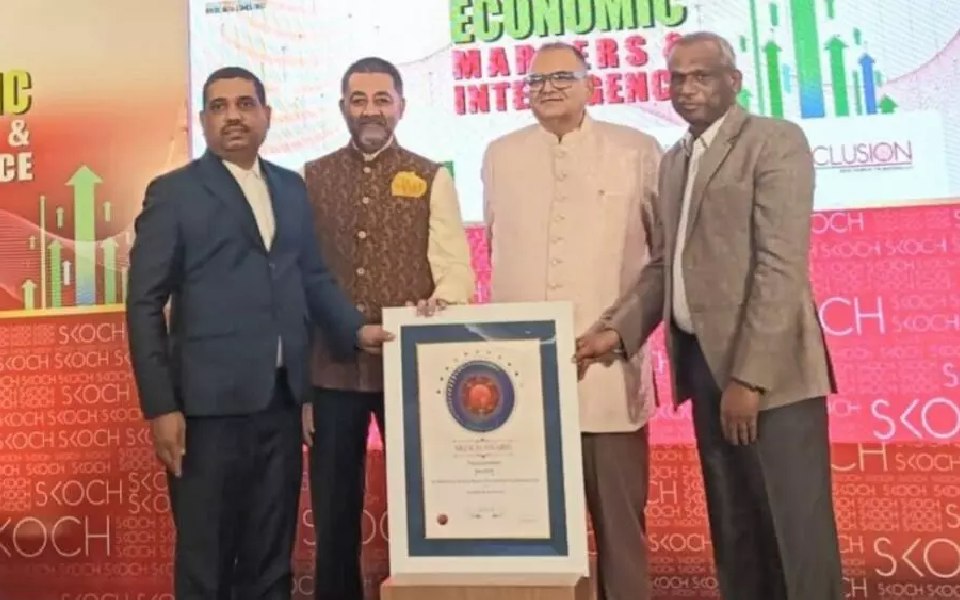Processing of Russian crude into fuel in India allows the resulting refined products to be distributed in the EU without the association to the country of origin
The actions of New Delhi have flown under the radar, as it both limits Moscow's energy gains and prevents a possible oil supply disruption in the Western world.
India is progressively taking on a more influential stance in the worldwide oil trade, purchasing large amounts of cost-effective Russian oil and transforming it into fuel for the US and Europe.
Despite this, New Delhi has not received much negative feedback from the public since they are satisfying both the objectives of the West, which are to reduce the money Moscow earns from energy resources and to avert an energy supply disruption. Moreover, as the European Union is enforcing more sanctions, India is becoming an increasingly significant part of the international oil market which has been transformed due to the military conflict in Ukraine that has been happening since last year, under the leadership of Vladimir Putin.
The US Treasury Department is looking to achieve two things: make sure that the market is flooded with enough supply, and keep Russia away from gaining any profits from their oil. Ben Cahill, from the Center for Strategic and International Studies in Washington DC, stated that the Treasury Department is conscious of the fact that Chinese and Indian refiners would make more money by purchasing cheaper Russian crude and then reselling their products at the market price. Despite this, the Treasury is still okay with the situation.
Last month, India exported a daily average of 89,000 barrels of gasoline and diesel to New York, the greatest amount since 2017, based on the insights of Kpler, a data intelligence agency. Additionally, daily shipments of low-sulfur diesel to Europe in January were the highest since October 2021, amounting to 172,000 barrels.
The significance of the Asian country is likely to increase when new European Union sanctions on Russian oil exports become effective on Sunday. These restrictions will take a huge quantity of diesel out of the market, resulting in more customers, particularly in Europe, to turn to Asia to make up for the shortage.
Lower priced Russian oil will be even more appealing to India, which necessitates external sources to cover 85% of its crude requirements. Indian refiners, including those owned by the government that supply the national demand, increased their exports in 2020 to make the most of the higher worldwide prices.
India is supplying the West with refined products to ease the current shortage, according to Warren Patterson, ING Groep NV's Singapore-based head of commodities strategy. He noted that a major part of the raw material used to produce these products is sourced from Russia.
According to European Union regulations, India is likely following the statutes. Once Russian crude is converted into fuels in a nation that is not part of the EU, like India, the processed items can be sent to the EU since they are not believed to have come from Russia.
The Group of Seven countries are aiming to reduce Moscow's income as much as they can, yet they also want to make sure that Russia's crude oil and processed products are still being provided in order to keep away from a worldwide supply shortage, according to Serena Huang, the primary Asia expert at Vortexa Ltd.
A major part of the process of reducing income to the Russian government and ensuring that a certain amount of oil continues to be available has been the imposition of a price limit on Russian crude, which was initiated by the United States. India has not stated explicitly whether it follows the restriction or not, however, the sanctions have forced the Opec+ producer's oil to be priced below the US$60 per barrel mark.
A spokesperson from the United States National Security Council asserted that a cost ceiling has been established that nations such as India can utilize to secure energy markets, while at the same time restraining the revenue of the Russian government.
India's eagerness to obtain greater quantities of Russian crude oil at a reduced price is a beneficial element, not an unfavorable one, of the plan devised by Western countries to impose financial hardship on Putin without affecting their own nations, according to Jason Bordoff, the founder of the Center on Global Energy Policy at Columbia University and a former consultant in the Obama administration.
CEOs and representatives from Saudi Arabia, the United Arab Emirates, the United States, and Abu Dhabi National Oil Co. also met in Bangalore for a three-day energy conference, hosted in partnership with India's Ministry of Petroleum and Natural Gas.
Let the Truth be known. If you read VB and like VB, please be a VB Supporter and Help us deliver the Truth to one and all.
Bengaluru: Karnataka High Court judge, Justice V Srishananda, on Saturday expressed regret in open court after facing backlash over his controversial remarks in his recent court hearings, reported Bar and Bench.
Two purported video clips from Justice V Srishananda’s court hearing that show him making inappropriate comments went viral across social media platforms.
On Saturday, Justice Srishananda invited members of the Advocates Association, Bengaluru, and senior lawyers to his courtroom at 2:30 PM, where he read out a note expressing regret for inappropriate comments.
Quoting Advocates Association President Vivek Subba Reddy, Bar and Bench wrote, “He expressed regret for the comments and clarified that it was not his intention to offend any community or members of the Bar. He also requested the association to relay this message to all members of the Bar.”
Reddy further stated, “We also advised him to encourage young lawyers in the courtroom and refrain from making any irrelevant remarks during hearings.”
Another senior lawyer present during the session confirmed to the legal news portal that Justice Srishananda also addressed comments directed at a woman lawyer, who was seen in one of the videos being reprimanded by the judge. The judge Justice Srishananda clarified that his remarks were not intended to target her (woman lawyer) specifically, but rather pertained to the appellant she was representing. “He explained that his comment was meant to imply that the appellant seemed to know a lot about the other party,” said the lawyer.
In addition, Justice Srishananda assured those present that he would avoid making such comments in the future.
The controversy came to light on September 19, when a video clip from an August 28 Court hearing surfaced on social media, showing Justice Srishananda referring to a Muslim-majority sub-locality in Bengaluru’s Goripalya as "Pakistan." Hours later, another video from the same courtroom emerged, in which the judge was seen making a gender-insensitive remark.
Following outrage over the viral videos, a Supreme Court bench led by Chief Justice of India DY Chandrachud, along with Justices Sanjiv Khanna, BR Gavai, Surya Kant, and Hrishikesh Roy, on September 20 took a suo motu cognizance and sought a report from the Karnataka High Court Registrar General in connection with the viral video.





